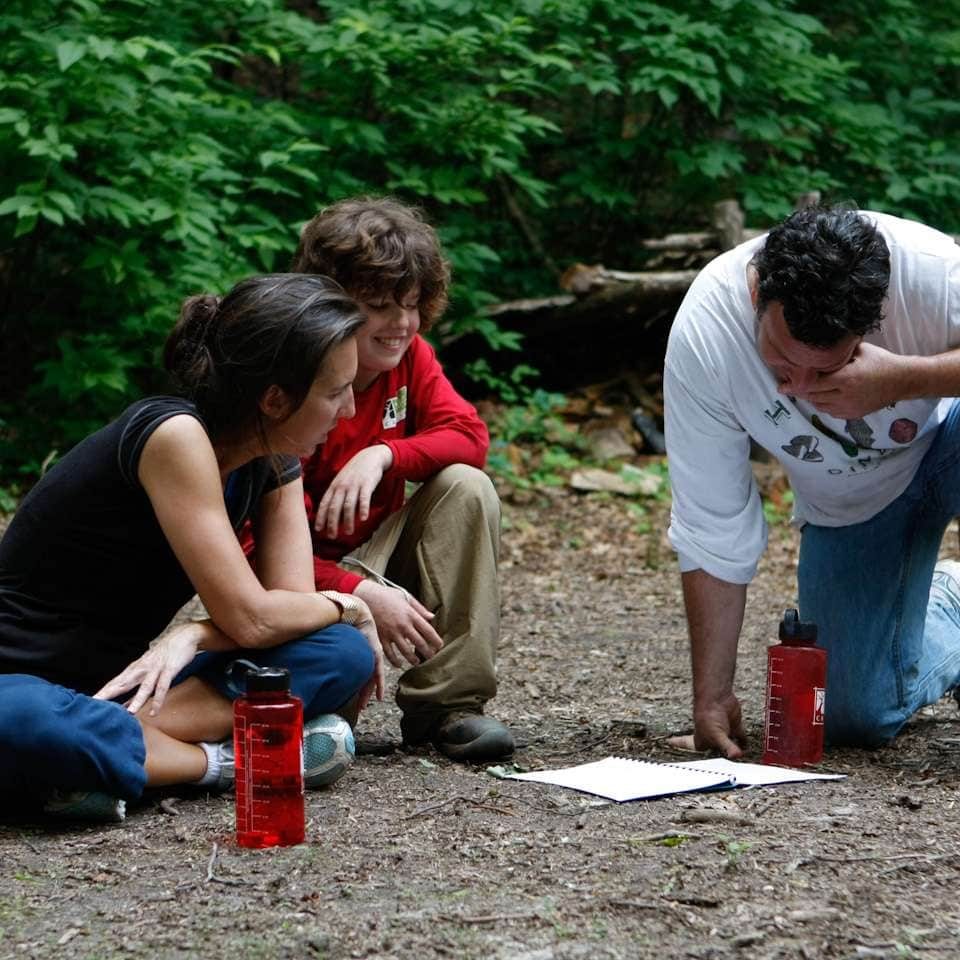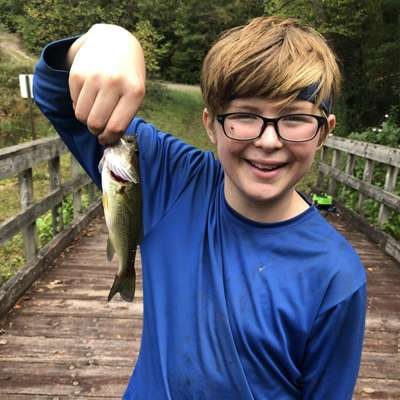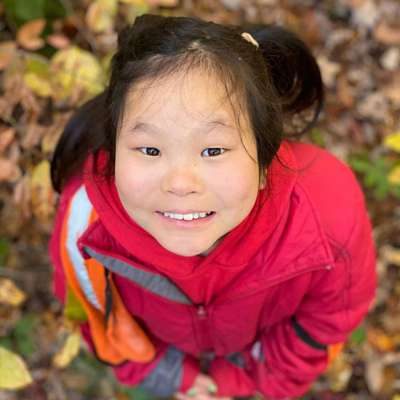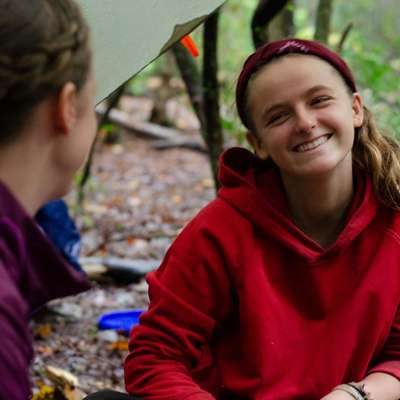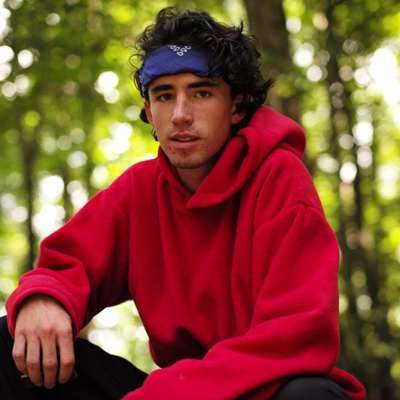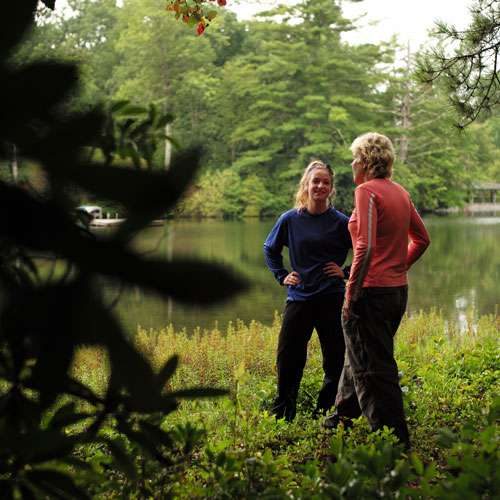What Is Wilderness Therapy?
Wilderness therapy, also referred to as outdoor behavioral healthcare, is a mental health and behavioral treatment approach that combines evidence-based, trauma-informed, and relational therapeutic practices with experiential education in a unique, wilderness treatment center setting.
The wilderness setting is what makes the best wilderness therapy programs work differently from other such programs that take place in a therapeutic boarding school or residential treatment center. In unique wilderness environments, wilderness therapy participants get a change of perspective, which can be an important aspect of trading unproductive beliefs and maladaptive behaviors for a growth mindset and healthy coping mechanisms.
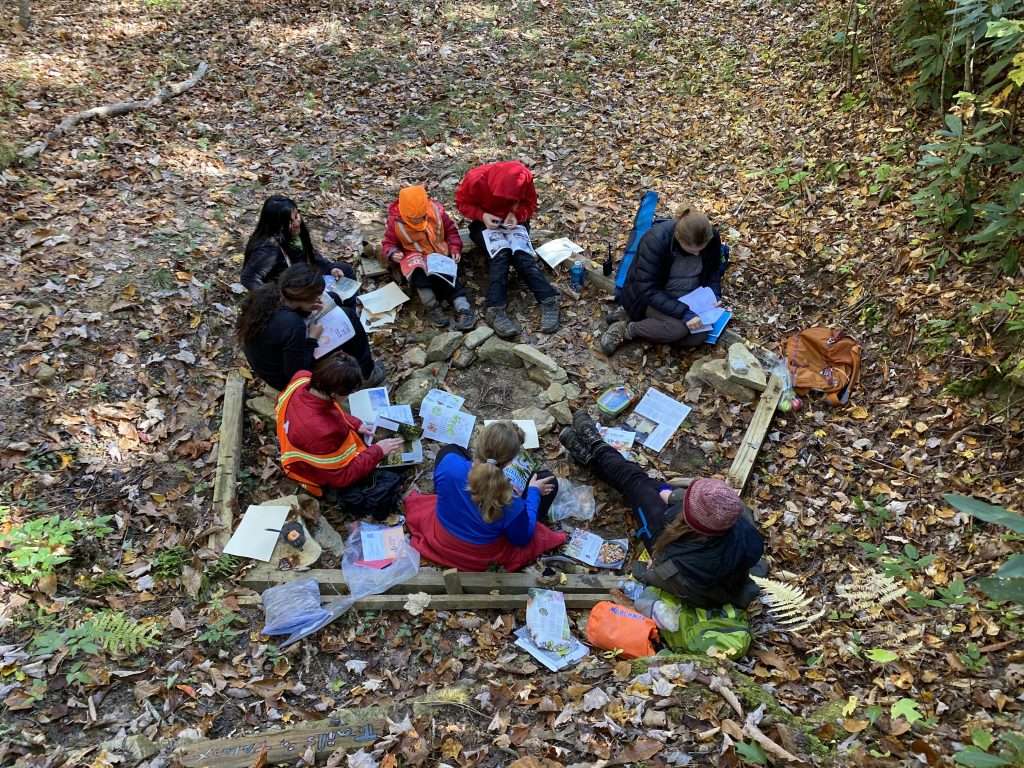
Attending a therapeutic wilderness program allows youth who are struggling with mental and behavioral health issues to step away from the stressors, challenges, and distractions that they experience at home and at school. Instead, these programs provide students with opportunities to engage in a structured peer social environment where they can build healthy relationships and strengthen communication skills all while working with licensed mental health professionals toward psychological, behavioral, and emotional growth.
Types Of Nature-Based Therapy Programs
Wilderness Therapy
- nature-based setting
- experiential learning
- personalized therapeutic treatment
- peer group therapy
- family involvement
Adventure Therapy
- challenging activities
- teamwork and collaboration
- experiential learning
- develop healthy relationships
- problem-solving and perseverance
Equine Therapy
- co-regulation with horses
- empathy and interpersonal awareness
- non-verbal communication skills
- reciprocal relationships
- builds self-awareness
We can help your child get back on track. Call today to learn more about our wilderness therapy programs.
Therapeutic Wilderness Therapy Techniques
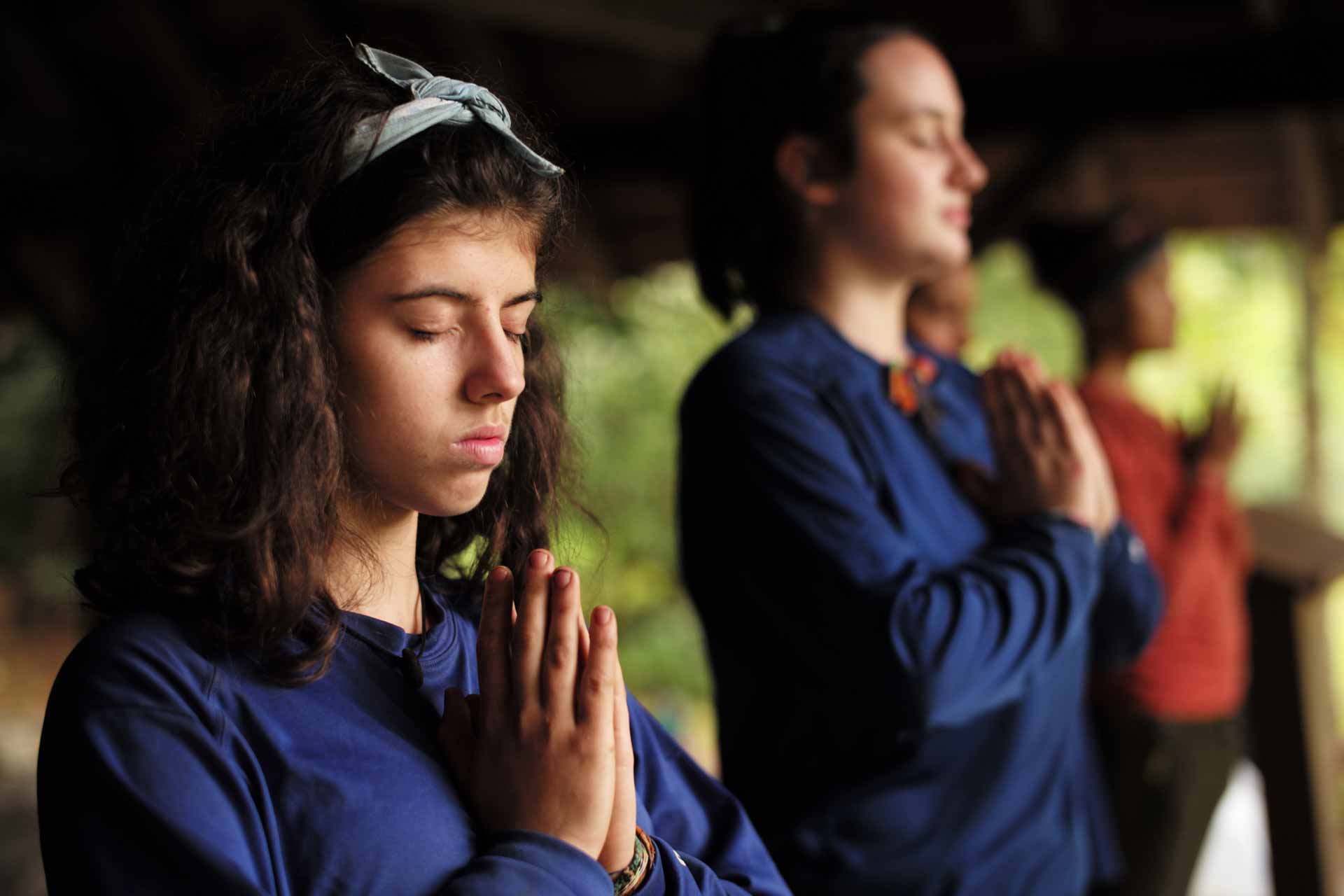
Individual, Group, & Family Therapy: Certified and licensed mental health professionals, such as therapists and clinical social workers, utilize evidence-based, trauma-informed practices in individual, family, and peer group therapy sessions. These sessions help students become more aware of their self-defeating behaviors and strengths while adding coping skills to their tool kit. Family members learn how to communicate and support each other in healthier, more productive ways.
Mindfulness & Meditation: Mindfulness is the practice of paying attention to the present moment, without judgment. It can help people to become more aware of their thoughts and feelings, understand them, and to learn how to regulate them. Meditation is a type of mindfulness practice that involves focusing on your breath and letting your thoughts pass by without judging them. Mindfulness and meditation can be used to help people who are struggling with anxiety, depression, and other mental health issues.
Somatic Movement & Yoga: Somatic movement is a type of therapy that uses gentle movements to help people to connect with their bodies and minds. Yoga is a type of somatic movement that involves stretching, breathing, and meditation. Somatic movement can help people to reduce stress, to improve their mental health, and to improve physical health.
Outdoor Activities & Wilderness Adventure Therapy
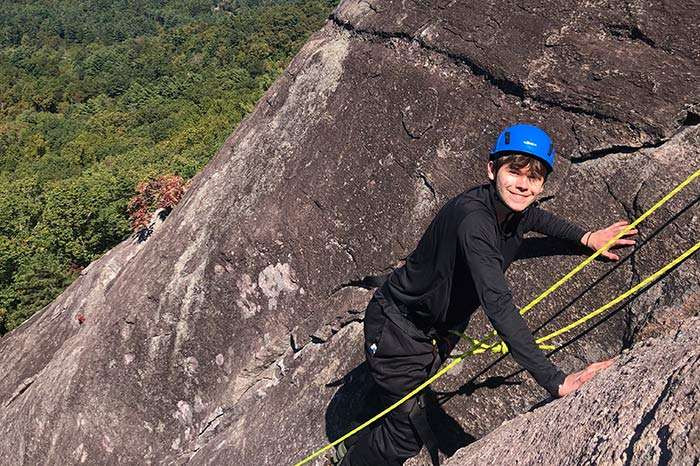
Guided Expeditions: These can be exploratory or camping trips that are often done in groups and supervised by trained wilderness staff. These short expeditions provide opportunities for experiential learning. Students can develop wilderness skills like fire building, bow drilling, and wilderness navigation. Students can practice survival skills and teamwork in ways that foster trust and cooperation.
Adventure Activities: Wilderness therapy programs may also involve adventure activities like hiking, backpacking, or team-building nature activities. These activities provide opportunities to practice healthy coping skills while facing physical and emotional challenges. Plus, they are fun and promote group bonding!
Outdoor Recreational Activities: Wilderness therapy may include games and problem-solving activities that are designed to increase self-esteem, self-discovery, and self-confidence as participants process overcoming challenges and obstacles. Other outdoor activities include cooking over a campfire and hiking.
What Are The Proven Benefits Of Wilderness Therapy?
Research shows that there are several unique benefits of wilderness therapy. The community experiences and therapeutic methods that take place in a wilderness therapy program significantly help children and teens struggling with emotional and behavioral challenges such as poor school performance, trauma, grief, depression, anxiety, disordered eating, attachment issues, and defiance.
Wilderness therapy allows adolescents and teens to learn more about themselves and how they can interact with others in a way that allows for mutual respect, self-advocacy, and perseverance. The immersion into nature lets students begin to realize that there’s more to life than the superficial work they experience on a daily basis.
Spending time in nature can be an integral part of healing the mind, body, and nervous system, which is particularly important for those who undergo a lot of stress, anxiety, trauma, or depression. The wilderness provides an opportunity for growth and healing that can be difficult to find in other environments.

How Trails Carolina Does Wilderness Therapy
At Trails Carolina, we offer top-rated wilderness therapy for boys and wilderness therapy for girls ages 10-17. Our programs include all of the evidence-based, trauma-informed therapeutic approaches and adventure wilderness experience programs discussed above.
What makes our approach to wilderness therapy different than other programs is our focus on ensuring family involvement throughout the entire process by using a family systems approach, making sure our students stay up to date with school work through our accredited academic program in addition to countless experiential learning opportunities and producing proven, long-lasting results for our students and their families.
Our students get to practice transitioning their growing skills with their peer group, primary therapist and trained wilderness staff members in two North Carolina wilderness therapy environments: our base camp and our designated nature areas surrounded by the Blue Ridge Mountains.
Students practice their new social, emotional, and practical skills in different settings with various trained professionals on the Trails Carolina staff. This makes the adjustment back into the “real world” after their time at Trails much easier.
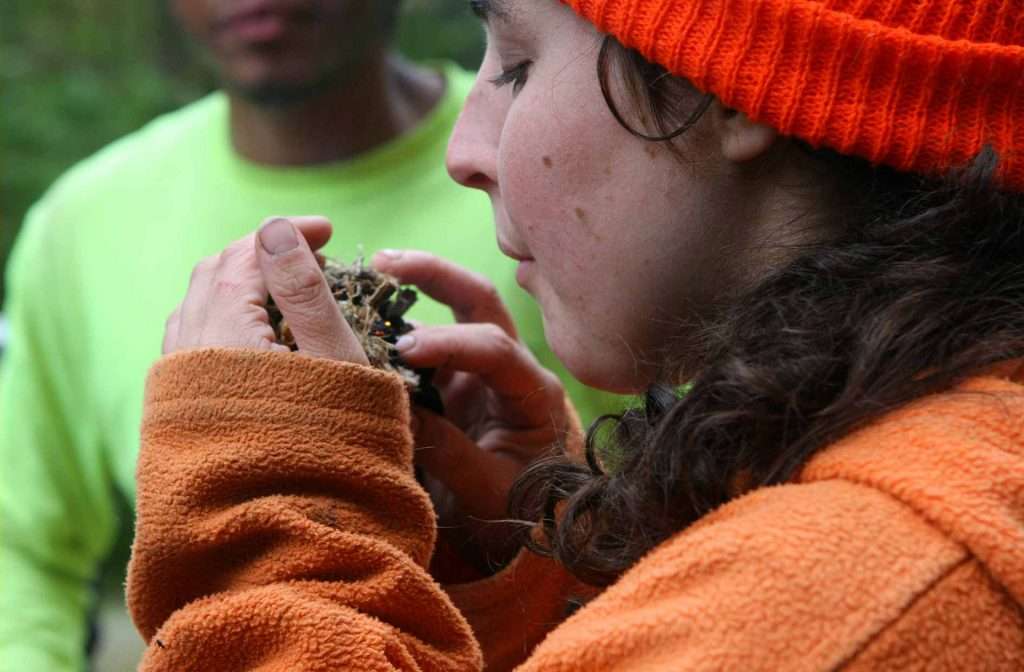
These experiences are critical for students to practice, refine, improve, and ultimately gain confidence that they can succeed at home.
Our family systems model ensures the entire family is being prepped to support the child’s transition from Trails to back home. Our family involvement includes family therapy video conferences, weekly communication between parent and child, and in-person parent workshops.
Along with an extensive family therapy program, Trails Carolina offers weekly individual therapy, group therapy, mindfulness for teens, and equine therapy programs. We believe a blend of these therapeutic techniques can help your child get the most out of their experience at Trails Carolina.
Trails Carolina Wilderness Programs Help Students:
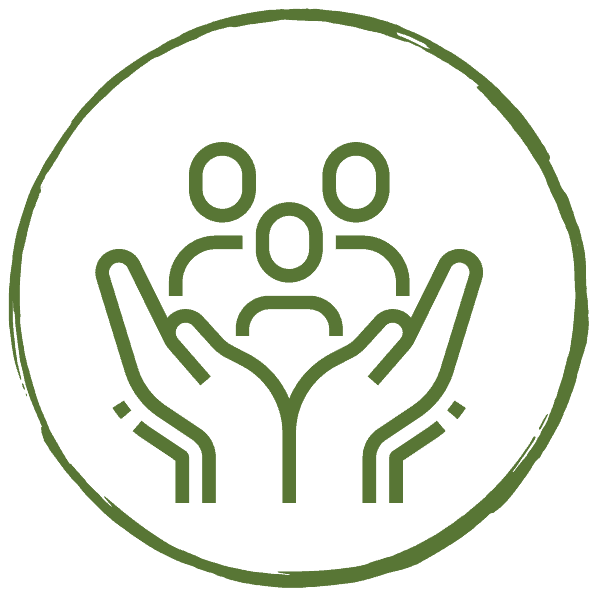
Gain Interpersonal Awareness
Instead of being distracted by their phone or worrying about what their peers think of them, children and teens out in the wilderness get to know their peers on a very deep level. It’s a bonding experience that really can’t be replicated elsewhere.

Learn crucial survival skills
In our program, not only do teens learn valuable communication and self-advocacy skills, but they also learn survival skills such as bow drilling, navigational skills, and how to pitch a tent. These skills help with personal growth and help teens become more independent.

Develop leadership and teamwork skills
Wilderness therapy promotes leadership and teamwork skills. In order to work with others, teens must reflect on how their behavior affects others. This reflective behavior can transform problem behaviors into valuable leadership skills and the ability to develop healthy relationships.

Build self confidence
Through the valuable skills they learn during wilderness therapy, our students begin to gain confidence in their abilities and themselves as individuals. With this new confidence, teens are able to transition back to their “everyday” life more successfully.
Our Residential Program Groups
At Trails Carolina, we provide a supportive, healthy environment for a variety of age groups to receive treatment for various behavioral and mental health issues. Our residential therapy programs include options for preteen boys (10-13), preteen girls (10-13), teen girls (14-17), and teen boys (14-17).
We believe that segmenting groups by age and gender allows our team of mental health professionals, residential and field staff, and accredited academic educators to provide more focused and effective personalized care to each student. Additionally, evidence shows that using segmented peer groups helps students learn to build positive relationships among their own peers. This makes the transition back to traditional school settings easier for young people. And it helps our students learn how to interact and build healthy connections for life!
Wilderness Therapy Research
According to a 2005 study on wilderness therapy conducted by the Center for Research, Assessment, and Treatment Efficacy and the Arkansas Interdisciplinary Sciences Library, adolescent participants in therapeutic wilderness programs and therapy programs experienced significant reductions in troubling behavior during treatment and maintained improved behavior for a year after treatment. Participants in the study, more specifically, demonstrated improvements in anxiety, depression, substance abuse and dependency. They also improved in school significantly.
Another 2015 review of wilderness therapy studies found in the Journal of Family and Adolescent Health surmised that wilderness therapy can reduce the rate of adolescent recidivism by a large amount. Further, those studies that researched wilderness therapy programs with a longer length of stay produced stronger results in adolescents than those with shorter lengths of stay.
One analysis of wilderness therapy studies conducted by St. Catherine University, A Systematic Review of Wilderness Therapy: Theory, Practice and Outcomes, discusses the contribution of wilderness therapy to the stabilization of problem behaviors amongst teens. It also discusses the improvement of family functioning to a normal level. Another topic of discussion is the way in which wilderness therapy supports the development of healthy relationships for teens with past attachments that provoked anxiety and distrust.
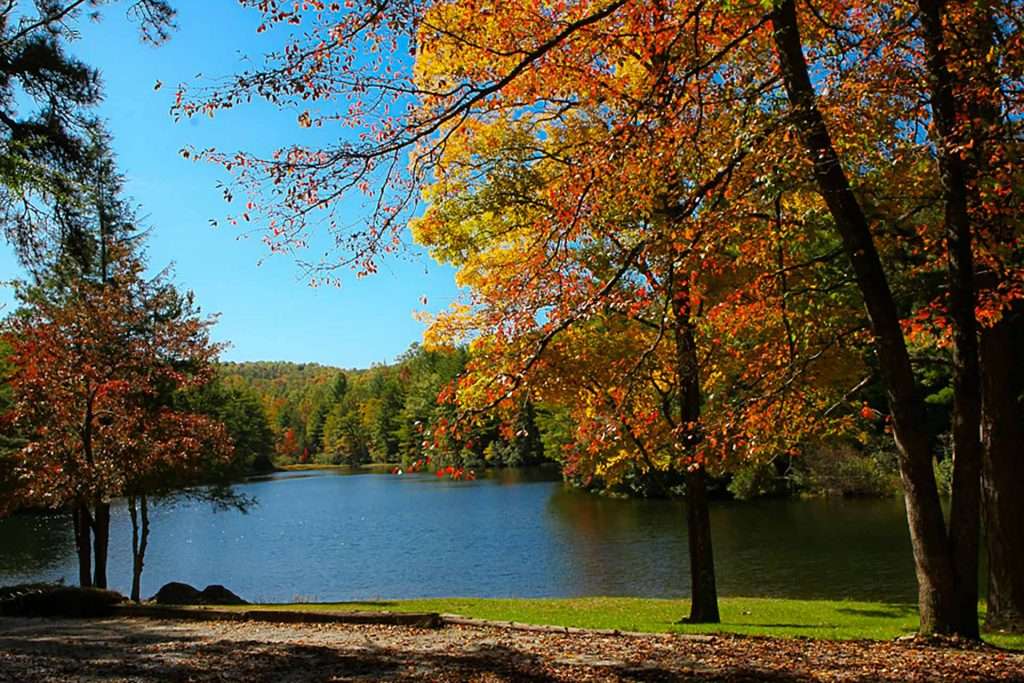
Contemporary Articles About Wilderness Therapy
Wild, an Academy-Award nominated film based on the bestselling memoir, follows the journey of Cheryl Strayed (played by Reese Witherspoon) on a 1,100 mile solo hike across the treacherous Pacific Crest trail after the loss of her mother and a brief dalliance with heroin. This story reflects the healing and self-discovering properties of being out in the wilderness. In Wild, the story culminates to Strayed finding herself, just like in any wilderness program for adolescents.
In Westchester Magazine, a recent article discusses one parent’s struggle to find help for a teen with depression. She eventually sent her teen to wilderness therapy to build resiliency and other life skills. There she says that her son was able to “talk about his feelings, instead of suppressing them, and now he’s able to deal with conflict in a way that’s more mature than even I can.”
An article in The Independent discusses Liam Neeson’s son’s transformative experience utilizing wilderness therapy. After Michael Neeson’s mother, Natasha Richardson, passed away in a tragic skiing accident in 2009, Michael struggled with grief and depression. After attending a wilderness therapy program, Michael has pulled himself out of that slump and is now living a successful life in London.
Wilderness Therapy Defined By:
Get started today
Contact us today to learn how Trails Carolina can help your family
Trails saved my daughter’s life. Amanda is an amazing human and a brilliant therapist. I am so grateful to her, Science Steve, and the other wonderful people who could reach my daughter at a time when I could not.
Margot Lowman August 2022
Great life changing experience for our son. After becoming addicted to gaming during covid he was very depressed. At Trails he experienced the wilderness, Science Steve, learning survival skills and top notch therapy and support etc… I highly recommend! This gave our son and our family a renewed family bond full of love and excitement about his bright future.
Winnifred Wilson July 2022
Outstanding clinical work and superb staff! There’s a great culture at this company and it shows with how they engage with families/clients.
Kristin Brace June 2022

